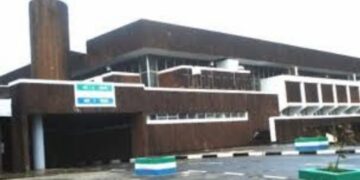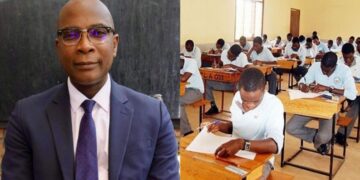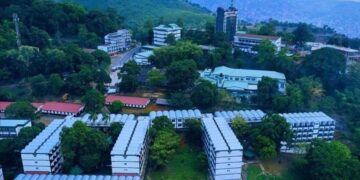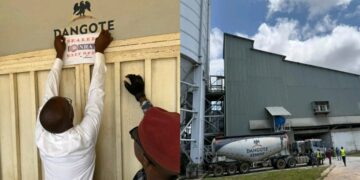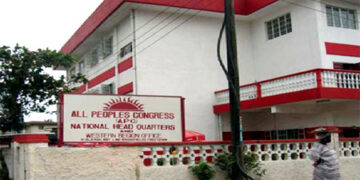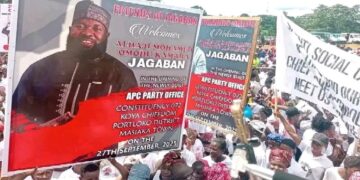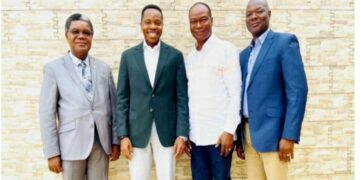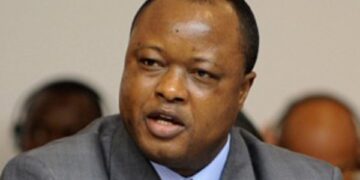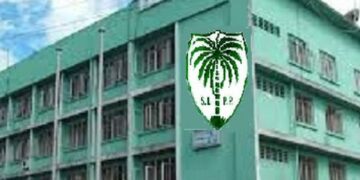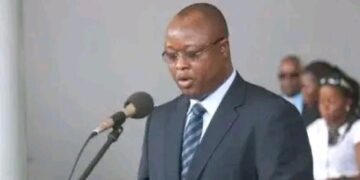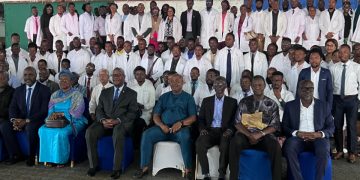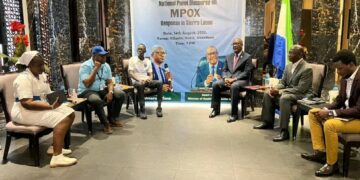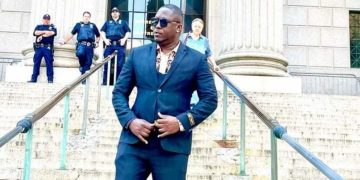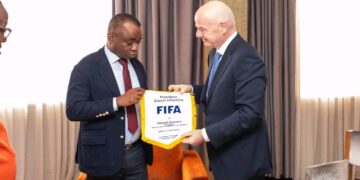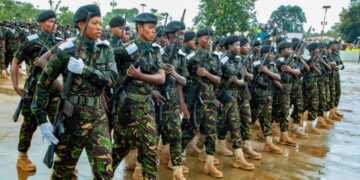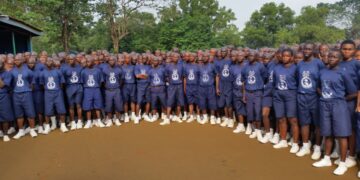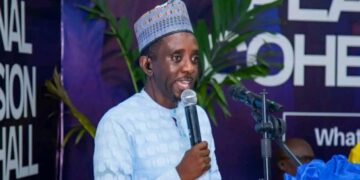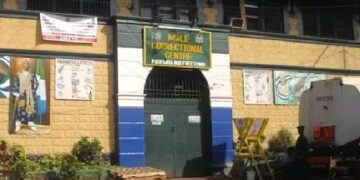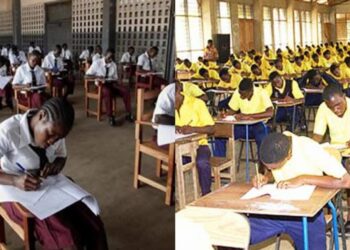Freetown, Sierra Leone — Turkish authorities have published images of a man identified as Abdullah Alp Üstün, also known by the alias “Don Vito”, who is alleged to have held a Sierra Leonean diplomatic passport during his arrest.
Reports say he was extradited from Dubai to Turkey over accusations of involvement in international cocaine trafficking and other serious crimes.

According to social media posts and press reports, Üstün was in possession of a diplomatic passport claimed to be Sierra Leonean at the time of his capture. Some accounts suggest that the passport may have been obtained with the assistance of Jos Leijdekkers, a Dutch national and convicted cocaine trafficker who is widely reported to be living in Sierra Leone under high-level protection.
Leijdekkers, often nicknamed “Bolle Jos” or “Chubby Jos”, was convicted in absentia by a Rotterdam court in June 2024. He received a 24-year sentence for smuggling over seven tonnes of cocaine. Evidence and intercepted communications suggest that he has laundered tens of millions of euros and trafficked the drug through complex international networks.
For months, Dutch authorities have publicly expressed concern that Leijdekkers may be residing in Sierra Leone. In January 2025, imagery from a church service in Freetown showed a man resembling Leijdekkers seated near President Julius Maada Bio, prompting speculation about his ties to the Sierra Leone political elite. Some sources claim he may be married to the president’s daughter, Agnes Bio, though this has not been independently confirmed.

In response to earlier media reports, Sierra Leone’s Ministry of Information stated that investigations are ongoing. Authorities said they have not received formal legal requests relating to Leijdekkers but pledged cooperation with Interpol, the Netherlands, and other jurisdictions.
So far, the Sierra Leone government has not publicly addressed the allegations around Üstün’s possession of a diplomatic passport, nor confirmed whether the passport is genuine or whether an internal inquiry has begun.
The unfolding case raises serious questions about diplomatic documentation controls, cross-border crime, and the extent to which transnational criminals might exploit gaps in international law.






